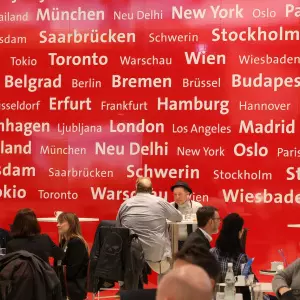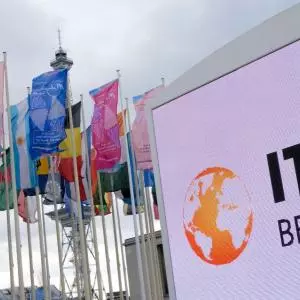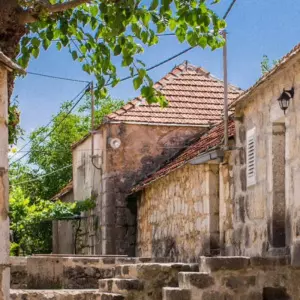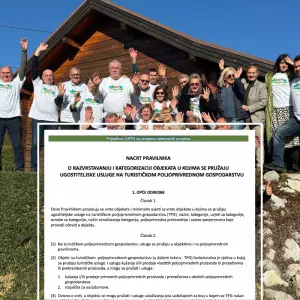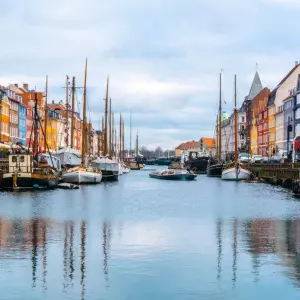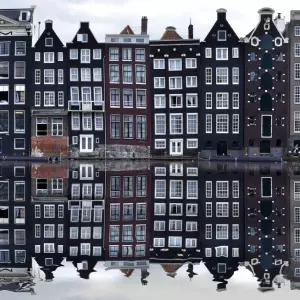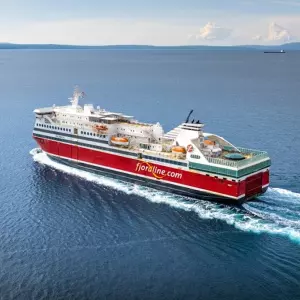Tourism - a tool for rural development
It seems to me that in the interpretation of tourism too much industrial, profit indicators are used and too little emphasis is placed on its economic impact on the development of the local community.
Today you will hear the most two conflicting views about tourism:
1. Tourism is a growing industry that needs space for investment because only the construction of new high-value accommodation facilities creates new value
2. Tourism is a "space swallower", "environmental destroyer", "culprit" for all the woes of a developing society.
Each of these views is formed from the point of view of a group with special interests.
The first position is a reflection of the wishes of the group, which has investment capital and wants to "play it safe". He wants to invest money in already well-visited tourist destinations that will ensure a quick return. No emotion, with a clean profit calculation of rent and residual value when selling accommodation facilities. There are many such examples, from ordinary apartments, through villas to hotels.
This second view is formed in a group that has no direct benefits from tourism or does not see and recognize such benefits. This group is often bothered by the increased number of people in a destination, the disturbance of an imaginary ideal peace, a situation in which a good standard of living would be enjoyed but there would be no tourist traffic. This attitude is often a reflection of frustration with an unorganized society that is unable to control and sanction any misuse of space, any illegal construction, any pollution, excessive noise emissions and the like.
What exactly is tourism?
And there are many definitions. The closest explanation to me is the one that treats tourism as a socio-economic phenomenon or phenomenon. On the demand side, tourist travel is really becoming a vital need of modern man. People need rest "for soul and body". Confirmation of this trend came to us just in the pandemic years where the desire to travel was and still is stronger than all obstacles to travel.
On the offer side, today the tourist traveler is offered an experience, a new experience, a "merger" with the local community at the tourist destination.
When we look at tourism in this way, we can imagine it as one big platform through which absolutely everything related to the lifestyle, the culture of life of the local community is offered as an experience. Tourist traveler observes and explores natural phenomena, historical monuments, life rhythm of the local community, its daily routines, customs, fashion, coffee drinking, gastronomy, architecture, agriculture, art, environmental relations… The price of tourist services "built" and this value part of one destination.
This value addition is also the strongest argument for the attractiveness of a tourist destination. It is an intangible value that has different powers of attraction in different parts of the world.
Economic impact of tourism
Precisely thanks to the fact that the tourist destination has "that something" with that "something", intangible attraction, it is becoming more and more popular. The offer reacts to the demand, so as the interest increases, new contents start to be offered. It usually starts with accommodation, followed by food and drink, then bakery products, souvenirs, jewelry, fashion clothing, transportation, offering outdoor activities, guided tours, spa and therapeutic services, recreation, meditation, workshops, religious pilgrimages, water activities and underwater, museums, collections, galleries, wine roads, cheese and olive oil roads, jam and honey roads, historical tours, fortification tours, activities for children, youth camps, relax program for people of the best years… and I could go on and on .
Tourists use and pay for energy, water, telephone impulses, tolls, parking lots…
Behind each of these activities are the people who organize, lead and perform them. All those from such activities receive income, income, salary. The spiral of expansion and involvement of new stakeholders in economic gain has its origin in the created attractiveness of the destination.
The main "anchor" of this "economic spiral" is accommodation. Accommodation is a basic service in tourism and the reason why tourists spend in the destination. If he did not choose accommodation in a certain area, he would not stay and would not have the opportunity to research, discover and spend the planned budget for that purpose.
What is successful tourism?
Successful and desirable is tourism that benefits the local community. Performance is measured by the ratio of the domestic “component” in the “consumer basket” of tourist arrivals and tourist stays. From reservations and commissions through transportation and accommodation to the consumption of food, drinks, souvenirs… All these elements can be foreign, imported or domestic. The equipment in the accommodation can be imported or domestic, people working in tourism can be domestic or foreign. All of this affects the rest of the value that stays in the country or “returns” abroad.
More or less income from tourism may remain in the local community as a narrow tourist destination, depending on the share of the local component in total consumption. The potatoes on the plate can be local, from another area in the country or imported. Also bed and bedding can be made in the local community, in the state or imported from abroad. People who work in tourism can be local, from other parts of the country or from abroad, etc.
Tourism management
Tourism management today means much more than space management through urban spatial plans. Management performance is measured by achieving a ratio in which the domestic component predominates. This actually means that in addition to the number of overnight stays (which is absolutely important as a measure of tourist traffic), the share of the "domestic component" in the consumer basket of tourists is also measured.
For such management, methods of destination branding and destination offerings, creation of value chains and models of cooperation in the destination have been developed.
These methods, among other things, we are talking about these days at workshops organized by USAID Developing Sustainable Tourism in Bosnia & Herzegovina - Tourism and workshops in Croatia organized by tourist boards.
Author and photo: Nedo Pinezic, www.nedopinezic.com


